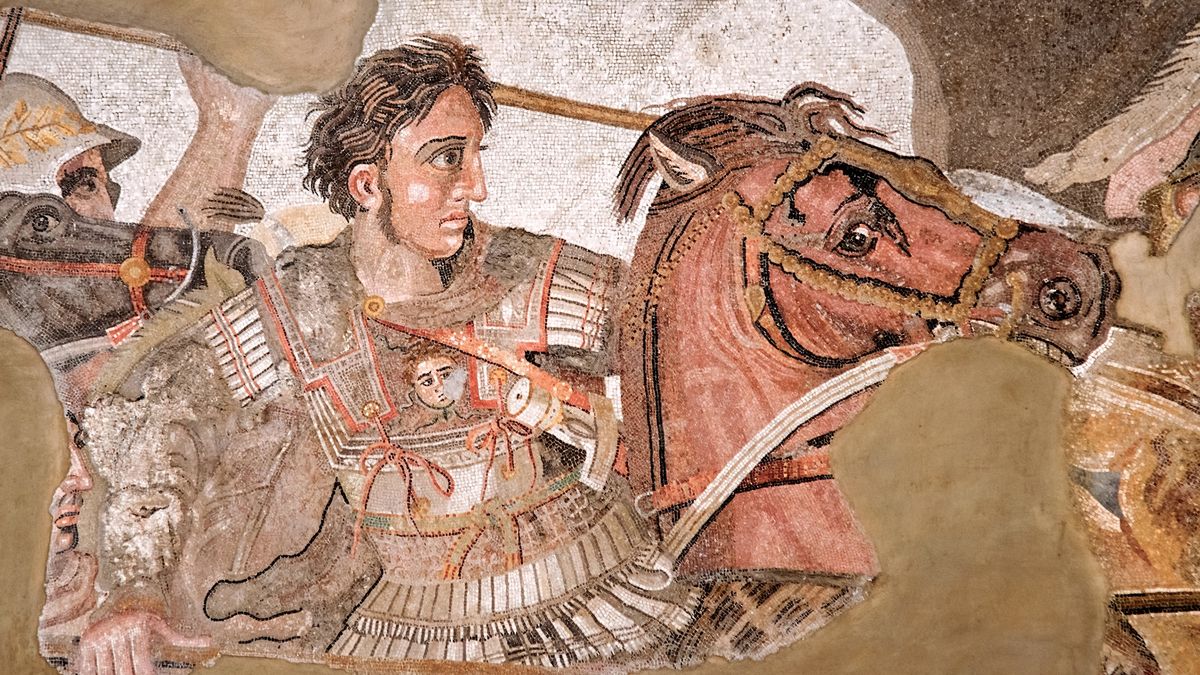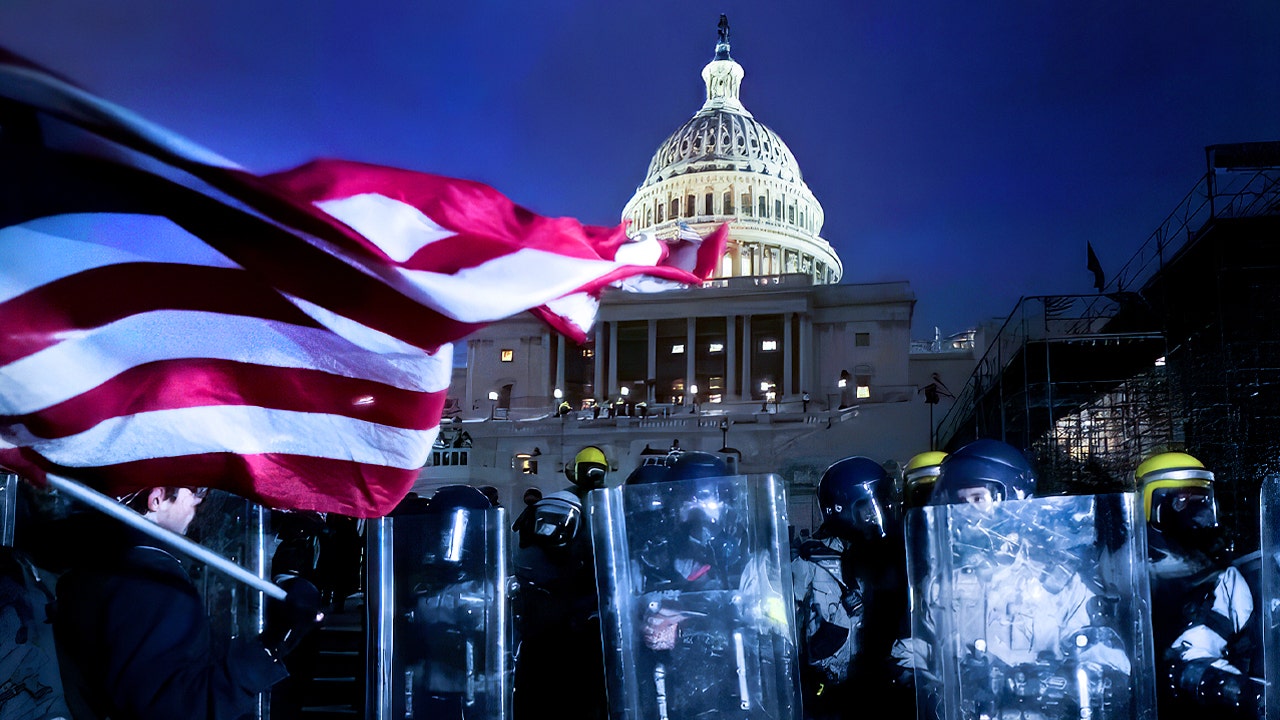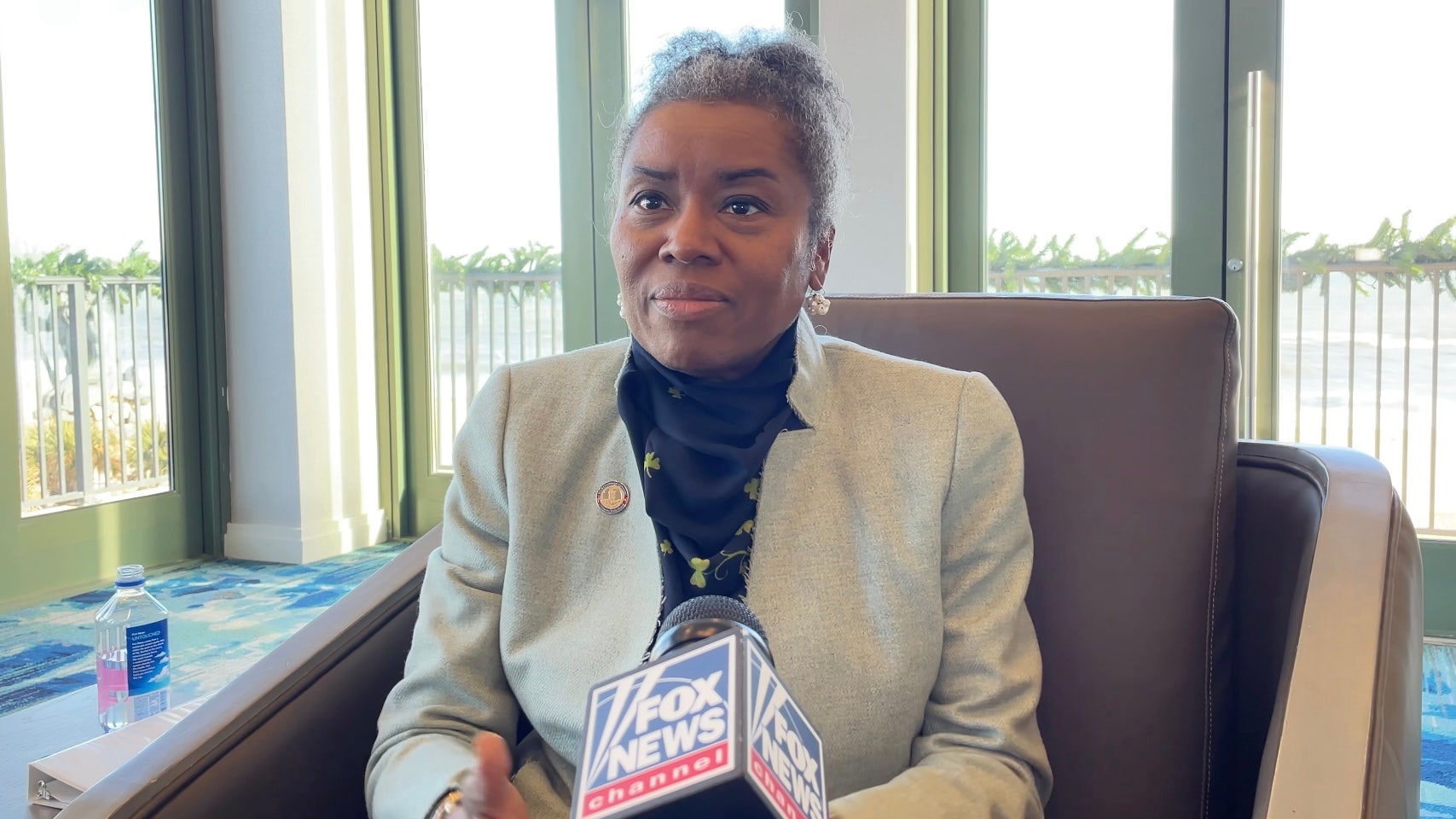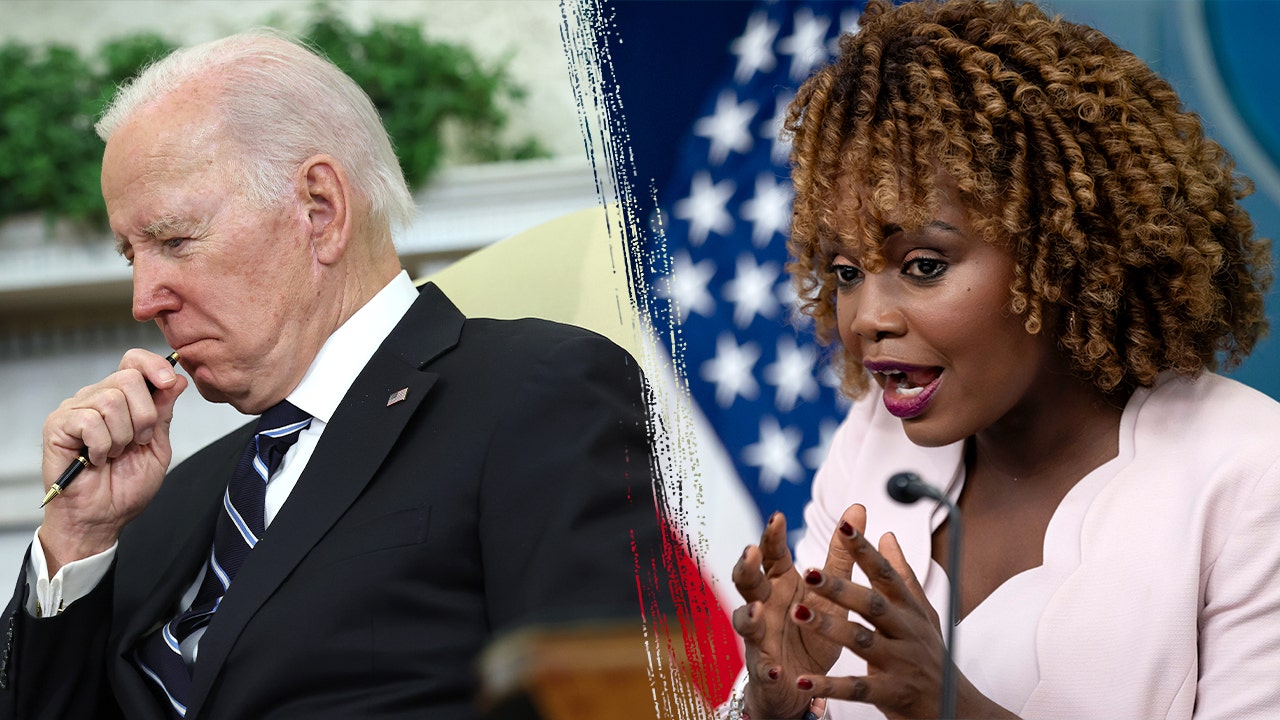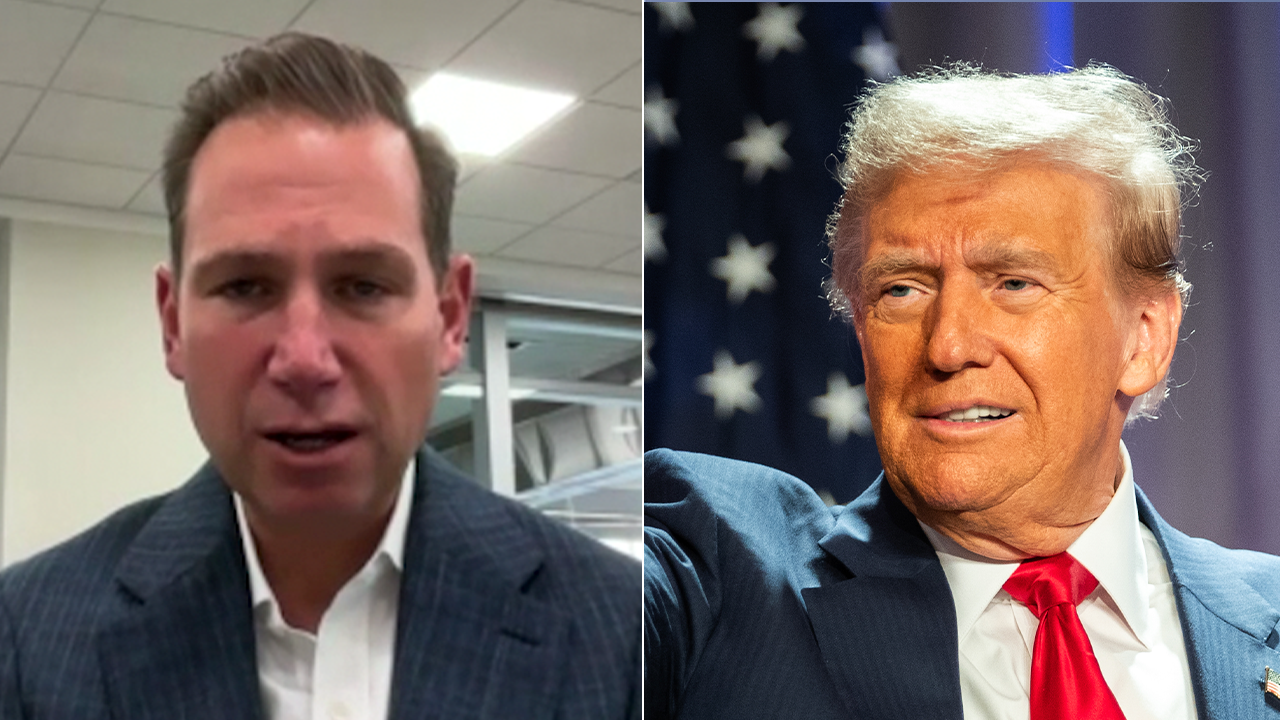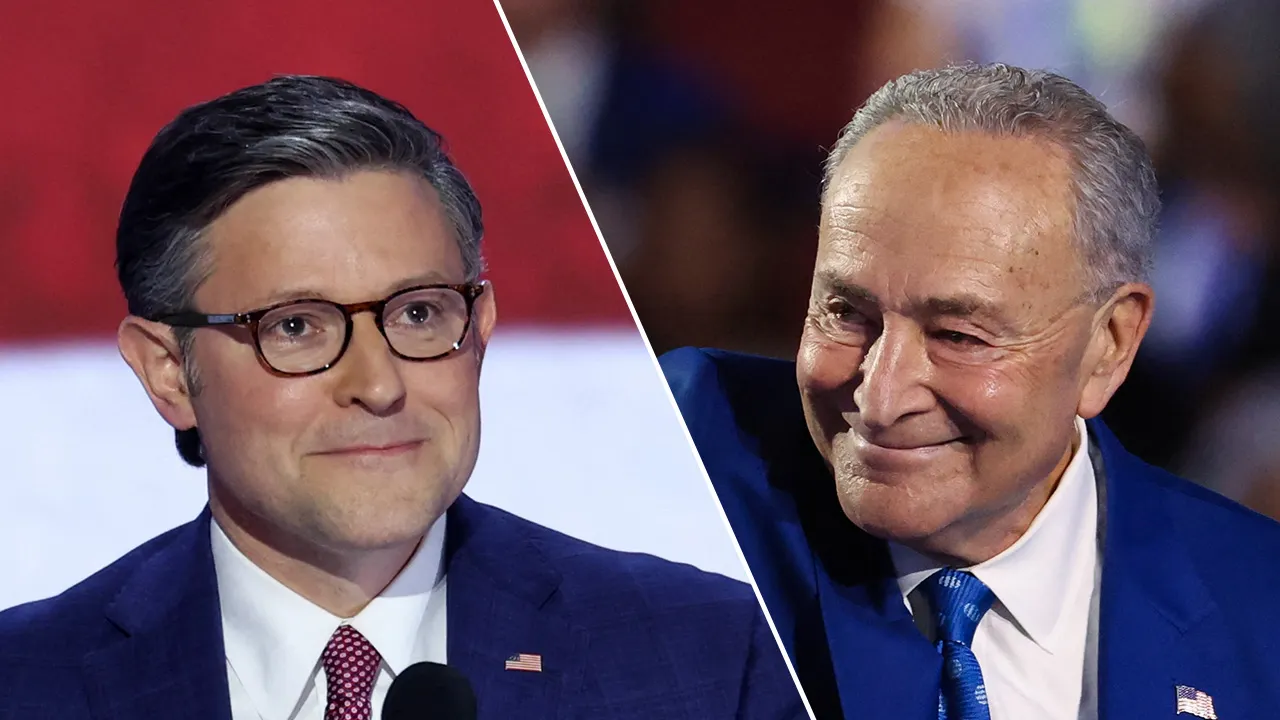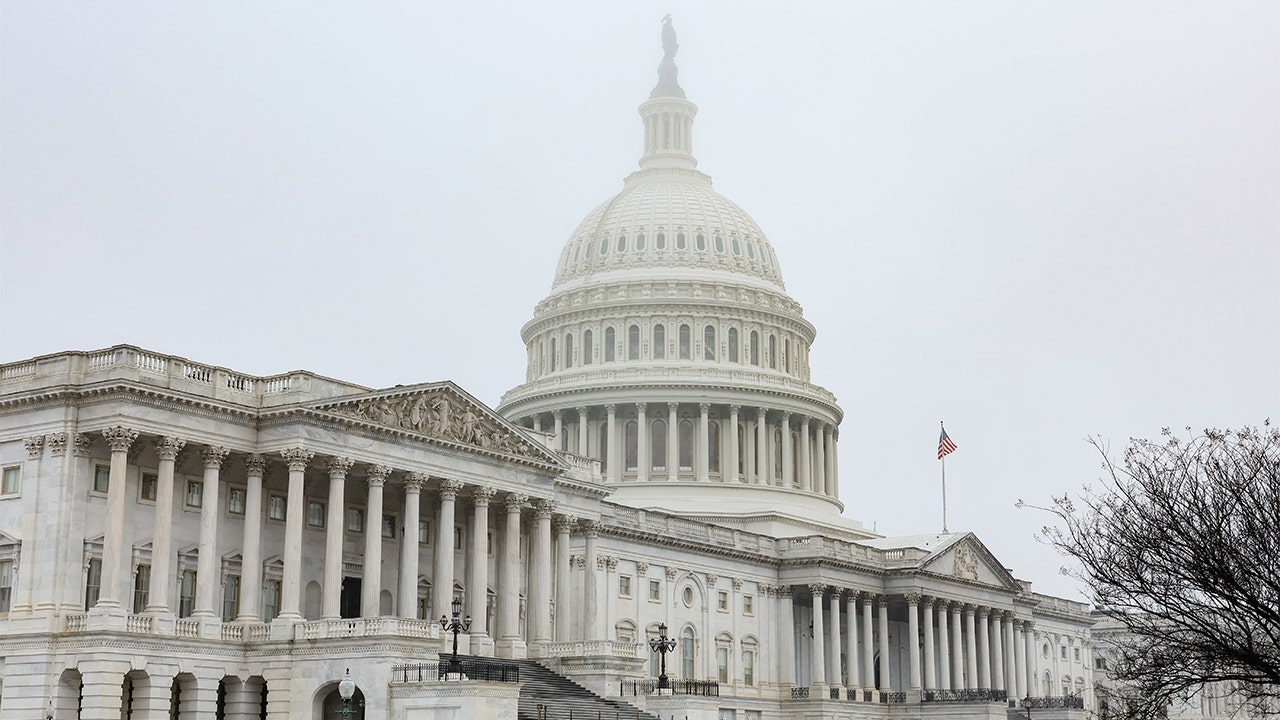Transportation Secretary Pete Buttigieg shed light on the call between him and SpaceX founder Elon Musk last week to clear the air on the tech guru’s public complaints that the government was hamstringing his company from helping Hurricane Helene victims.
Musk, 53, had taken to X, with allegations that the Federal Aviation Agency was blocking flights into storm-ravaged parts of North Carolina, prompting a response from Buttigieg, 42, who told the billionaire to give him a ring.
“He took me up on that. He called. We had a conversation. What we found out was actually happening was the FAA was not closing down any airspace,” Buggieg recalled on MSNBC’s “Inside with Jen Psaki.”
“But there was an issue with pilots who were helping get Starlink equipment to where it needed to be, having the right information. We worked that with local authorities and were able to take care of it.”
After their call, Musk took to X and conveyed gratitude to Buttigieg for helping his team smooth over the hiccups it had encountered.
“Thanks for expediting approval for support flights. Just wanted to note that Sec Buttigieg is on the ball,” Musk wrote on X.
Initially, Musk posted a screenshot of a messaging exchange he had with someone who appeared to suggest the government was “about to shut down the Air space to ‘regulate’ the private choppers we are riding in to deliver Starlink and supplies.”
Musk’s SpaceX company has been active in sending satellite terminals to its Starlink network system in hopes of connecting hurricane-battered regions to the internet to better coordinate recovery efforts. Ivanka Trump helped deliver some of those terminals last week.
Prior to the call on Friday, Buttigieg originally responded to Musk on X, writing, “No one is shutting down the airspace and FAA doesn’t block legitimate rescue and recovery flights.”
Buttigieg explained on Sunday that the FAA has been utilizing temporary flight restrictions in the disaster zone as it has done for decades.
“Basically what happens is if you have a disaster area, there’s a lot of rescue operations going on. A local airport or fire department or the Coast Guard flying helicopter — somebody like that can request what’s called a TFR [Temporary flight restrictions],” he explained.
“It doesn’t shut down the airspace, but it increases the level of coordination that goes on because you want to make sure that that airspace is safe and that you prevent the risk of collisions.”
Buttigieg also briefly discussed the strike launched last week by the International Longshoremen’s Association, which is one of the largest unions of maritime workers.
ILA went on strike last Tuesday, but by Friday, the union confirmed had reached a preliminary agreement with the United States Maritime Alliance, which represents top shipping lines.
The strike threatened to massively upend shipments and supply chains amid parts of Georgia, North Carolina and Florida still reeling from Hurricane Helene.
“This was a major, major concern for our transportation system,” Buttigieg said, then praised the dock works “who are very, very deserving.” “These are folks who come to work in really tough conditions. They didn’t get much of a raise under the last contract. Many of them were going to work during the toughest days of Covid.
“They’re going to get back to the table and work through other things like what to do about technology and automation,” he added.



